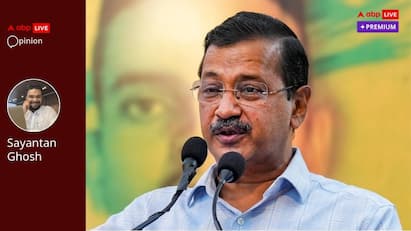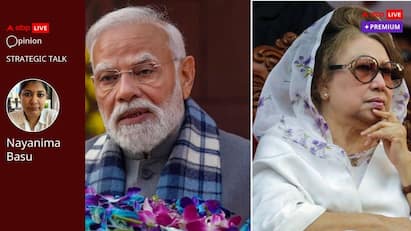Opinion: After Haryana, Maharashtra — How RSS Propelled BJP Wins & What It Means Ahead Of Sangh Centenary

Representational image of RSS volunteers.
Source : PTI
The massive victory of the Bharatiya Janata Party (BJP) in Maharashtra shouldn’t be read as just another electoral achievement. It signifies the effective partnership between ideology, strategy, and grassroots mobilisation. This success — soon after the BJP’s victory in Haryana — underscores the pivotal role of its ideological fountainhead, the Rashtriya Swayamsevak Sangh (RSS).
Maharashtra holds special significance for the RSS, as it is the birthplace of the Sangh. As
Follow Blog News on ABP Live for more latest stories and trending topics. Watch breaking news and top headlines online on ABP News LIVE TV










